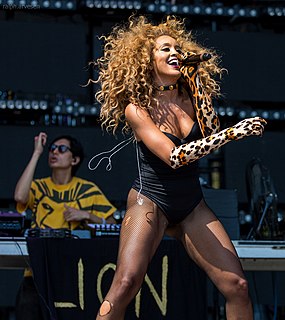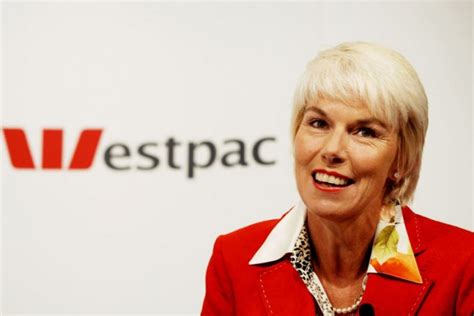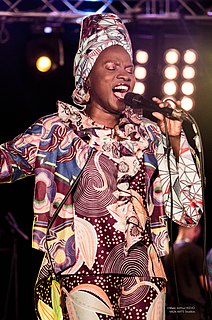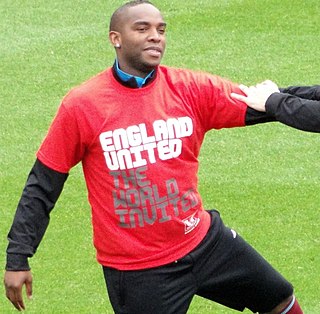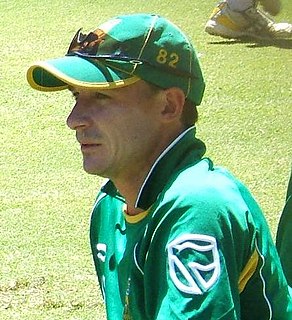A Quote by Jillian Hervey
South Africa was something that just kind of hit me.
Related Quotes
When I was in government, the South African economy was growing at 4.5% - 5%. But then came the global financial crisis of 2008/2009, and so the global economy shrunk. That hit South Africa very hard, because then the export markets shrunk, and that includes China, which has become one of the main trade partners with South Africa. Also, the slowdown in the Chinese economy affected South Africa. The result was that during that whole period, South Africa lost something like a million jobs because of external factors.
And now South Africa has finally woken up and it is doing great things. And if South Africa becomes the template to what AIDS is in the sub-Saharan continent, then all the other countries are going to follow suit. And Michel Sidibe, who spoke at the breakfast meeting this morning, was saying that there is so much hope for Africa now that South Africa has got its house in order.
The World Cup in 2010 is going to be the most inspirational thing ever to hit the streets in South Africa. For the first time, the World Cup won't just be something that is happening on the other side of the world think about the excitement-the biggest players, from all over the world, will be playing football in a stadium just round the corner from home.
